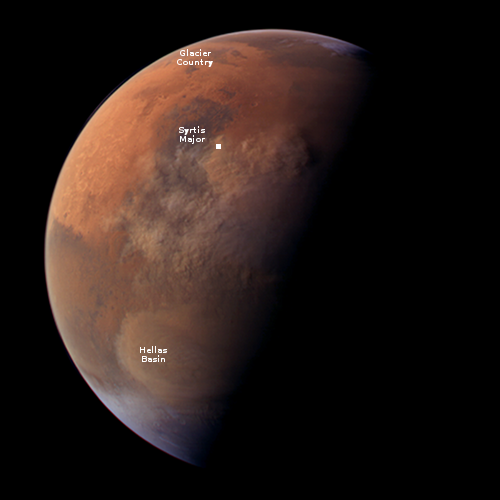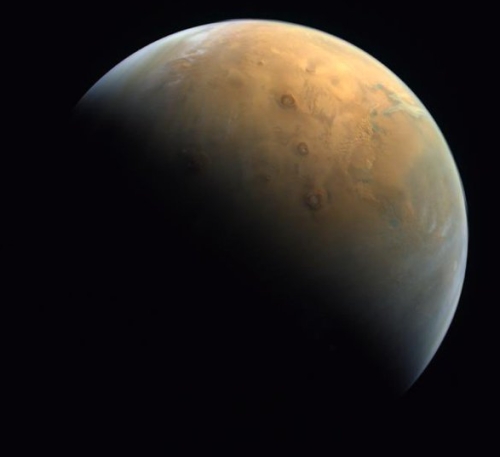Axiom signs deal with the UAE to fly one astronaut to ISS in ’23
Capitalism in space: Axiom announced today that it has signed an agreement with the United Arab Emirate (UAE) to fly a UAE astronaut to ISS in ’23 for a six month mission.
Axiom was able to put its own passenger on this flight because of a complex deal with NASA that had Axiom act as the go-between for Mark Vande Hei’s launch on a Soyuz in April ’21. Axiom brought the flight for NASA (which didn’t have the funds), and got in exchange a free seat for a passenger on a later American launch. Axiom has now sold that seat to the UAE.
The UAE in turn solidifies its space effort, with a six month manned mission to ISS.
The deal also demonstrates the priceless value of leaving ownership to American companies. Axiom made this deal to sell globally its long term space station plans, and it will use a SpaceX Dragon capsule and Falcon 9 rocket to launch it. Both companies thus make money on their products, instead of the cash going to NASA. Such profits will only encourage further sales, not only to these companies but to other competing American rocket and space station companies.
Capitalism in space: Axiom announced today that it has signed an agreement with the United Arab Emirate (UAE) to fly a UAE astronaut to ISS in ’23 for a six month mission.
Axiom was able to put its own passenger on this flight because of a complex deal with NASA that had Axiom act as the go-between for Mark Vande Hei’s launch on a Soyuz in April ’21. Axiom brought the flight for NASA (which didn’t have the funds), and got in exchange a free seat for a passenger on a later American launch. Axiom has now sold that seat to the UAE.
The UAE in turn solidifies its space effort, with a six month manned mission to ISS.
The deal also demonstrates the priceless value of leaving ownership to American companies. Axiom made this deal to sell globally its long term space station plans, and it will use a SpaceX Dragon capsule and Falcon 9 rocket to launch it. Both companies thus make money on their products, instead of the cash going to NASA. Such profits will only encourage further sales, not only to these companies but to other competing American rocket and space station companies.









